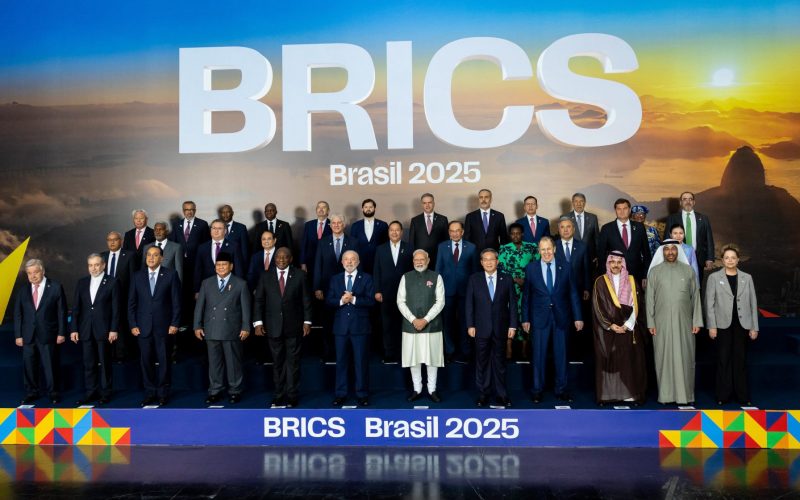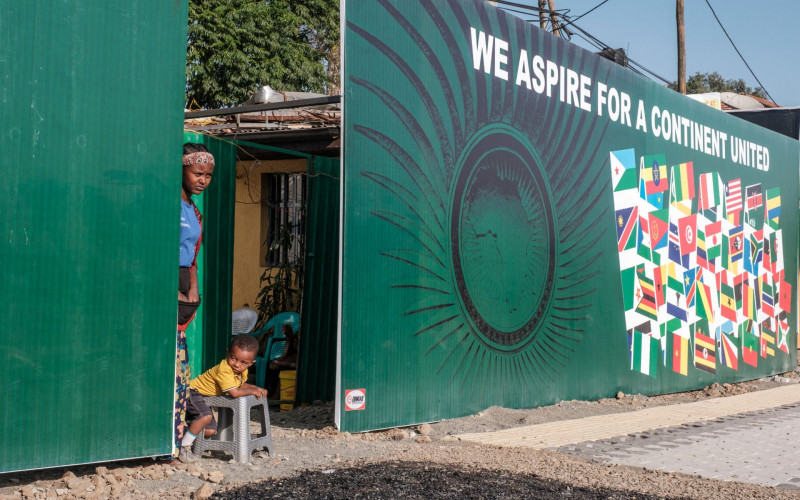Broadly, the challenge of a universal definition of South-South Cooperation (SSC) and a subsequent monitoring and evaluation framework(s), in their various forms, is as a result of the various contexts, stakeholders and fields SSC finds itself. In part, there is a reluctance to compare SSC to northern efforts that are measured by Official Development Assistance (ODA) because by its very nature, SSC is born out of principles that differentiate it from its predecessors. SSC aims to challenge the current global status quo to ensure a more equitable and inclusive development that fosters self-reliance. The emphasis on technical exchanges to build capacity can be seen in contradiction to the often reactionary responses of the north. Some countries have also argued that monetising their contributions underestimates their contribution since costs for goods and personnel in the South are lower than in developed countries, leading to a reluctance to measure SSC.
Yet given that a growing culture of South-South cooperation is in part, a reaction to North-South relations, whose history has been, with few exceptions, primarily destructive and exploitative in nature, South-South needs to be both proactive in its engagement with one another and deliberate about establishing a new course of action in international and regional cooperation. Thus, South-South should take a deliberate position on the language and spirit surrounding South-South cooperation.
The balance of cooperation aims to strategically address the development of the South, politically, economically and socially and be proactive in its cooperation, a choice of partners to participate for the purpose of mutually beneficial outcomes. It is an area of potential development in which the South needs to be more involved, intentional and strategic.
As such the South should create a standardised principle in regards to SSC. With time, the language of SSC becomes strongly associated with an expectation and culture of how partnerships should be built, which become standardised practice of SSC. This will ensure an increased commitment to, and focus upon, the importance of inclusive development and good governance and to a changed legacy of international cooperation.








